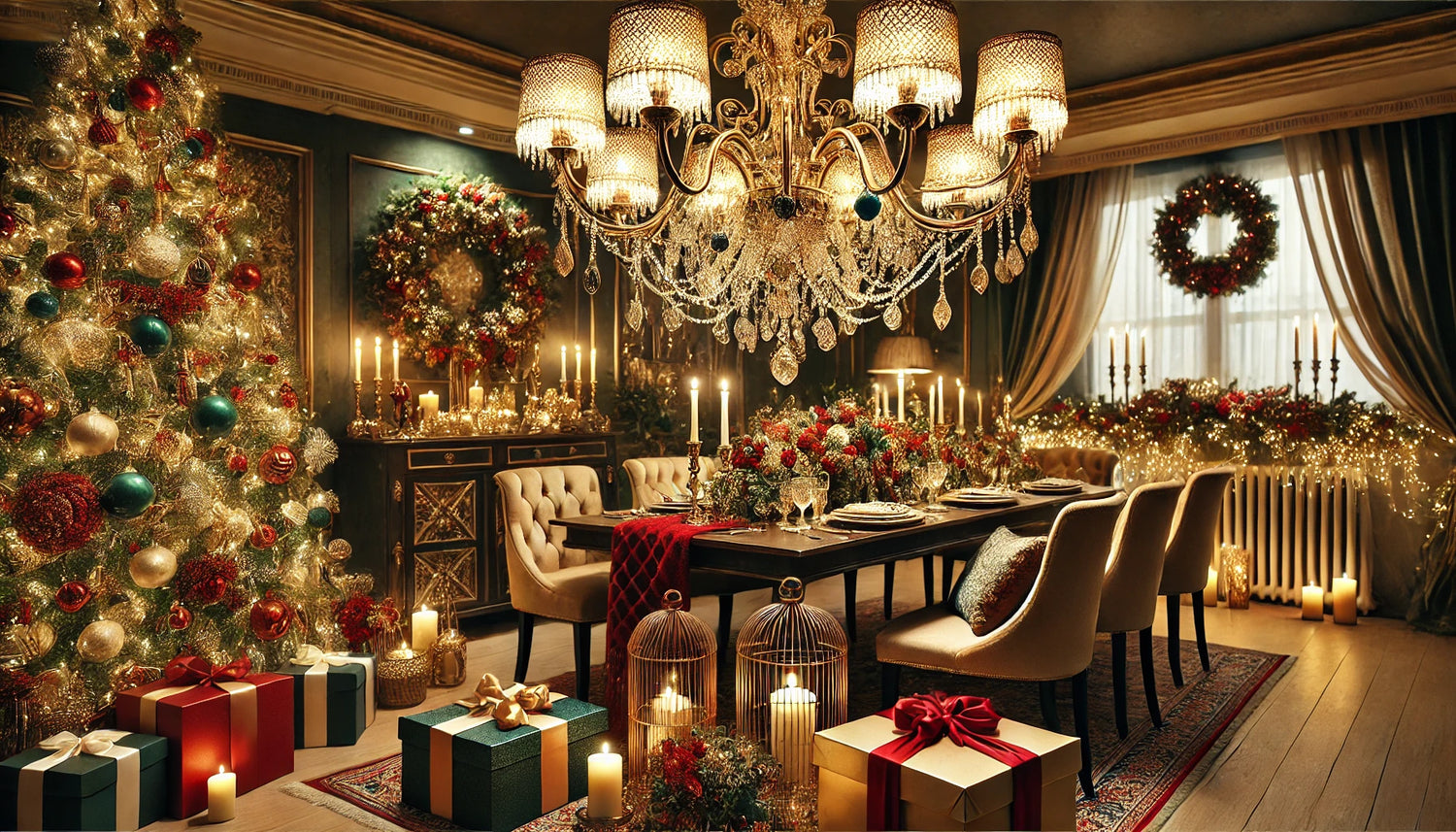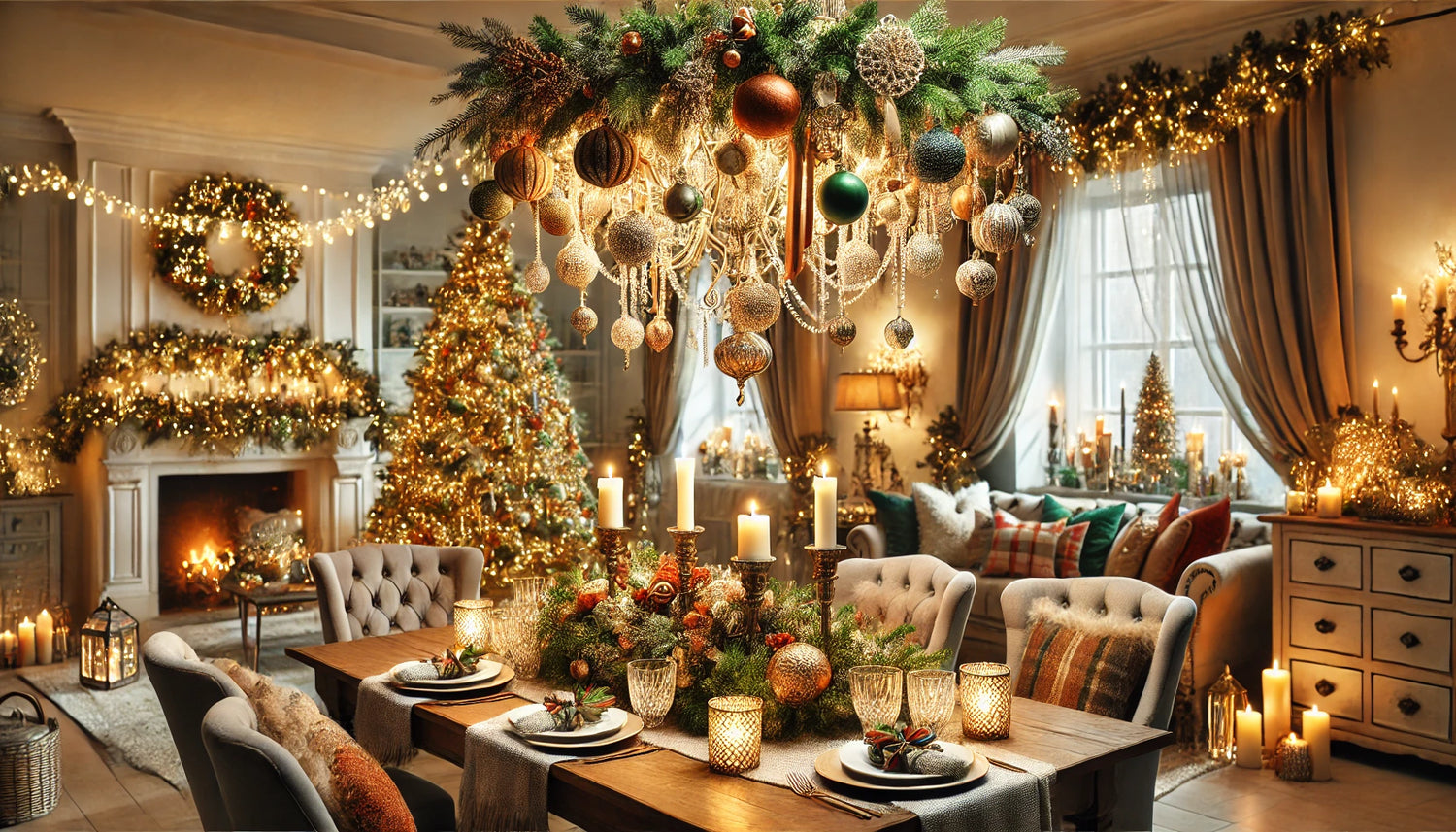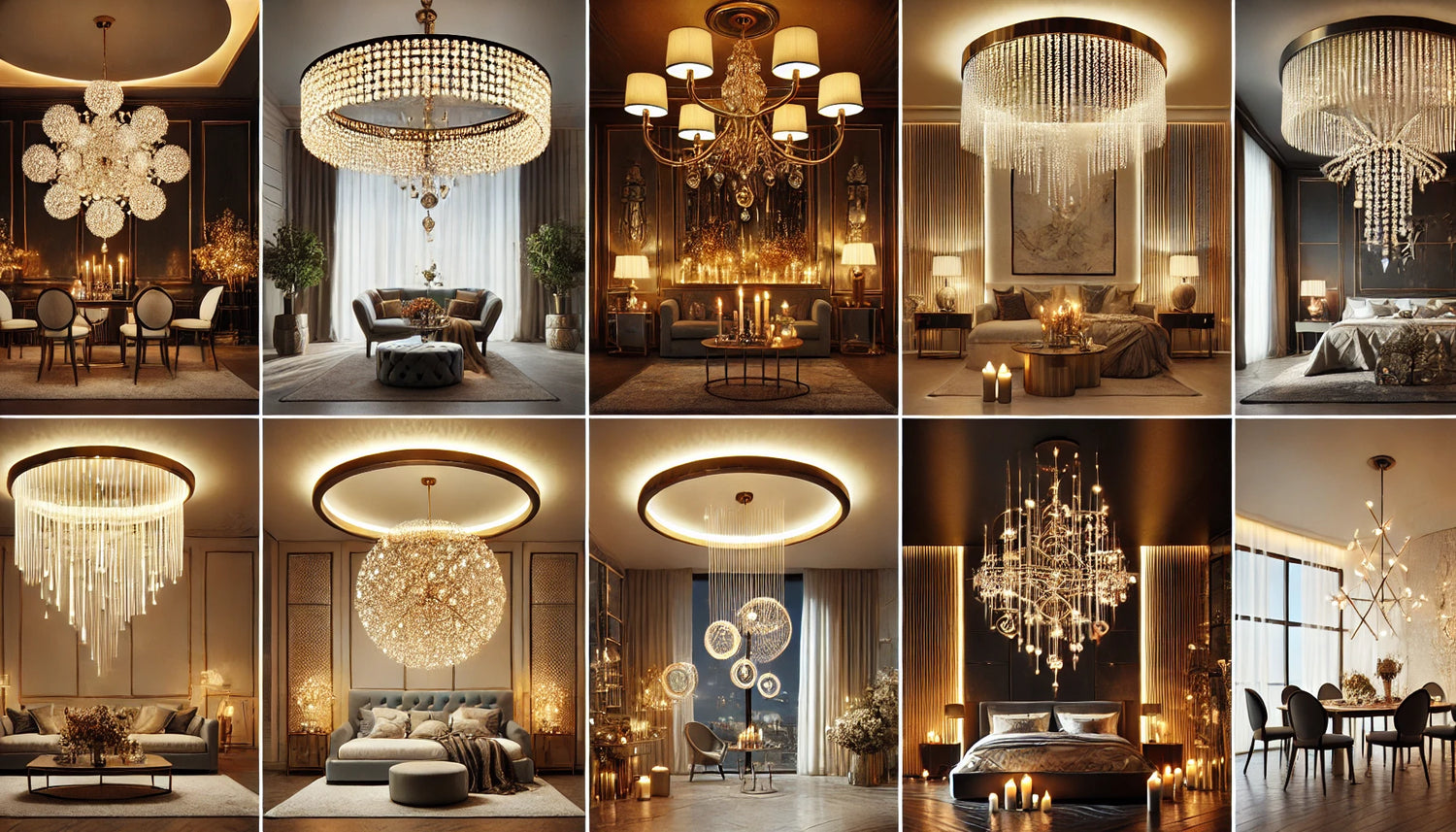When it comes to enhancing your bedroom’s comfort and style, choosing the right duvet cover is essential. With a plethora of materials available, it can be overwhelming to decide which one is best suited for your needs.
In this article, we’ll explore the top 10 duvet cover materials, highlighting their features, benefits, and ideal uses. Whether you’re considering cotton duvet covers, linen duvet covers, or microfiber duvet sets, we’ve got you covered!
-
Cotton Duvet Covers
Cotton duvet covers are a popular choice for many homeowners, and for good reason. Cotton is a natural fiber that offers breathability, softness, and durability. It is available in various weaves, such as percale and sateen, each providing a different texture and feel.
Benefits:
- Breathability: Keeps you cool in the summer and warm in the winter.
- Easy to Care For: Most cotton duvet covers are machine washable and can withstand repeated washings.
- Hypoallergenic: A great option for those with allergies or sensitive skin.
Ideal For:
- All seasons, especially in temperate climates.
-
Linen Duvet Covers
Linen duvet covers are celebrated for their luxurious texture and exceptional breathability. Made from the fibers of the flax plant, linen is known for its durability and unique, relaxed look.
Benefits:
- Highly Absorbent: Linen can absorb moisture without feeling damp, making it ideal for warm climates.
- Thermal Regulator: Helps maintain a comfortable temperature, making it suitable for both summer and winter.
- Eco-Friendly: Linen is a sustainable choice as it requires fewer pesticides and water to grow than cotton.
Ideal For:
- Those looking for a breathable option in warmer climates or anyone who appreciates a relaxed aesthetic.
Also, read - Eco-Friendly Duvet Covers: Sustainable Bedding for a Greener Bedroom
-
Microfiber Duvet Sets
Microfiber duvet sets have gained popularity due to their affordability and ease of maintenance. Made from finely woven polyester fibers, microfiber is soft and has a suede-like feel.
Benefits:
- Stain Resistant: Microfiber is less likely to stain compared to natural fibers.
- Lightweight: Provides warmth without the bulk, making it perfect for layering.
- Budget-Friendly: Typically more affordable than natural fiber options.
Ideal For:
- Budget-conscious shoppers or those looking for low-maintenance bedding.
-
Flannel Duvet Covers
Flannel duvet covers are made from brushed cotton or polyester, providing a soft, fuzzy texture that is perfect for cold weather.
Benefits:
- Warmth: Offers superior warmth, making it ideal for winter months.
- Softness: The brushed texture feels cozy against the skin.
- Variety of Patterns: Flannel comes in a variety of prints and colors, adding a touch of personality to your bedroom.
Ideal For:
- Cold climates or for anyone who loves a cozy, snug feel while sleeping.
Also, read - How to Choose the Perfect Duvet Cover Set: A Guide for Every Season
-
Satin Duvet Covers
Satin duvet covers are known for their shiny, luxurious appearance. Made from silk or synthetic fibers, satin adds a touch of elegance to any bedroom.
Benefits:
- Soft and Smooth: Feels luxurious against the skin and reduces friction on hair, which can help prevent tangles.
- Hypoallergenic: Silk satin is less likely to irritate sensitive skin.
- Aesthetic Appeal: Adds a touch of glamour to your bedroom decor.
Ideal For:
- Those who want a luxurious feel or are looking to elevate their bedroom's decor.
-
Tencel Duvet Covers
Tencel duvet covers are made from eucalyptus wood pulp and are known for their softness and sustainability. This material has gained traction for its eco-friendly properties.
Benefits:
- Sustainable: Produced from renewable resources and manufactured in a closed-loop process that minimizes waste.
- Moisture-Wicking: Naturally wicks moisture away from the body, keeping you dry and comfortable.
- Soft and Durable: Offers a silky feel while being resilient against wear and tear.
Ideal For:
- Eco-conscious consumers or anyone seeking a soft, breathable option.
Also, read - Creative Lighting Ideas: How to Use Chandeliers in Non-Traditional Spaces
-
Bamboo Duvet Covers
Bamboo duvet covers are another eco-friendly option, made from the pulp of bamboo grass. They are known for their softness and antibacterial properties.
Benefits:
- Antibacterial: Naturally resistant to bacteria, making it a great choice for those with allergies.
- Thermal Regulation: Keeps you cool in summer and warm in winter.
- Eco-Friendly: Bamboo grows quickly and requires minimal resources, making it a sustainable choice.
Ideal For:
- Allergy sufferers or those who prioritize sustainability.
-
Velvet Duvet Covers
Velvet duvet covers are luxurious and soft, adding a touch of sophistication to any bedroom. This fabric can be made from silk, cotton, or polyester.
Benefits:
- Rich Texture: Offers a plush, sumptuous feel that enhances comfort.
- Stylish Look: Elevates the aesthetic of your bedroom with its elegant appearance.
- Warmth: Provides extra warmth, making it suitable for cooler climates.
Ideal For:
- Those looking to create a cozy, upscale atmosphere in their bedroom.
Also, read - Chandelier Placement: Dining Room, Living Room, or Entryway
-
Polyester Duvet Covers
Polyester duvet covers are known for their durability and resistance to wrinkles and fading. They are often blended with other fabrics to enhance their properties.
Benefits:
- Low Maintenance: Easy to care for and quick-drying.
- Durability: Resistant to wear and tear, making it a long-lasting option.
- Affordable: Generally budget-friendly, making it accessible for many shoppers.
Ideal For:
- Families or individuals seeking practical and durable bedding solutions.
-
Hemp Duvet Covers
Hemp duvet covers are an eco-friendly alternative that offers unique texture and durability. Made from hemp fibers, these covers are becoming increasingly popular among sustainable living advocates.
Benefits:
- Sustainable: Hemp grows quickly and requires fewer resources than cotton.
- Durability: Highly resistant to mold and UV light, ensuring longevity.
- Breathability: Keeps you comfortable in various temperatures.
Ideal For:
- Environmentally conscious consumers or those looking for a unique fabric option.
Conclusion
Choosing the right duvet cover material can significantly enhance your sleeping experience and bedroom aesthetic. From the classic comfort of cotton duvet covers to the luxurious feel of satin duvet covers and the eco-friendliness of bamboo duvet covers, there’s a perfect option for everyone. By understanding the benefits and features of each material, you can make an informed decision that suits your personal preferences and lifestyle.
Whether you’re looking for durability, warmth, or aesthetic appeal, the best duvet cover materials are available to meet your needs. Take the time to explore your options and choose a duvet cover that transforms your bedding into a cozy haven.



